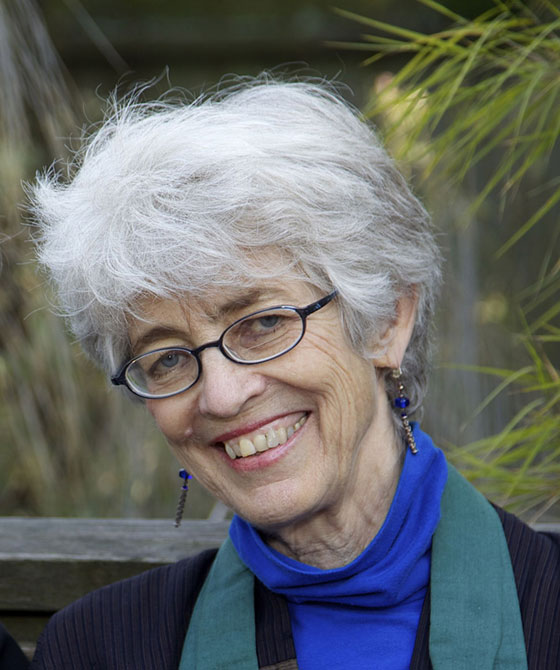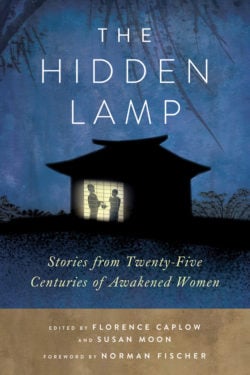Reigetsu Susan Moon

Reigetsu Susan Moon has been practicing in the Soto Zen tradition for 35 years, and is a lay teacher with the Everyday Zen Sangha. Her previous books include the cult classic The Life and Letters of Tofu Roshi and This is Getting Old: Zen Thoughts on Aging. For many years she edited Turning Wheel, the journal of the Buddhist Peace Fellowship. She teaches writing workshops, is a serious student of photography, and an enthusiastic grandmother. She lives in Berkeley, CA.
Books, Courses & Podcasts
The Hidden Lamp
The Hidden Lamp is a collection of one hundred koans and stories of Buddhist women from the time of the Buddha to the present day. This revolutionary book brings together many teaching stories that were hidden for centuries, unknown until this volume. These stories are extraordinary expressions of freedom and fearlessness, relevant for men and women of any time or place. In these pages we meet nuns, laywomen practicing with their families, famous teachers honored by emperors, and old women selling tea on the side of the road.
Each story is accompanied by a reflection by a contemporary woman teacher—personal responses that help bring the old stories alive for readers today—and concluded by a final meditation for the reader, a question from the editors meant to spark further rumination and inquiry. These are the voices of the women ancestors of every contemporary Buddhist.
Follow The Hidden Lamp on Facebook.

